
Our Blog
All News & Updates from Live-in Guardians
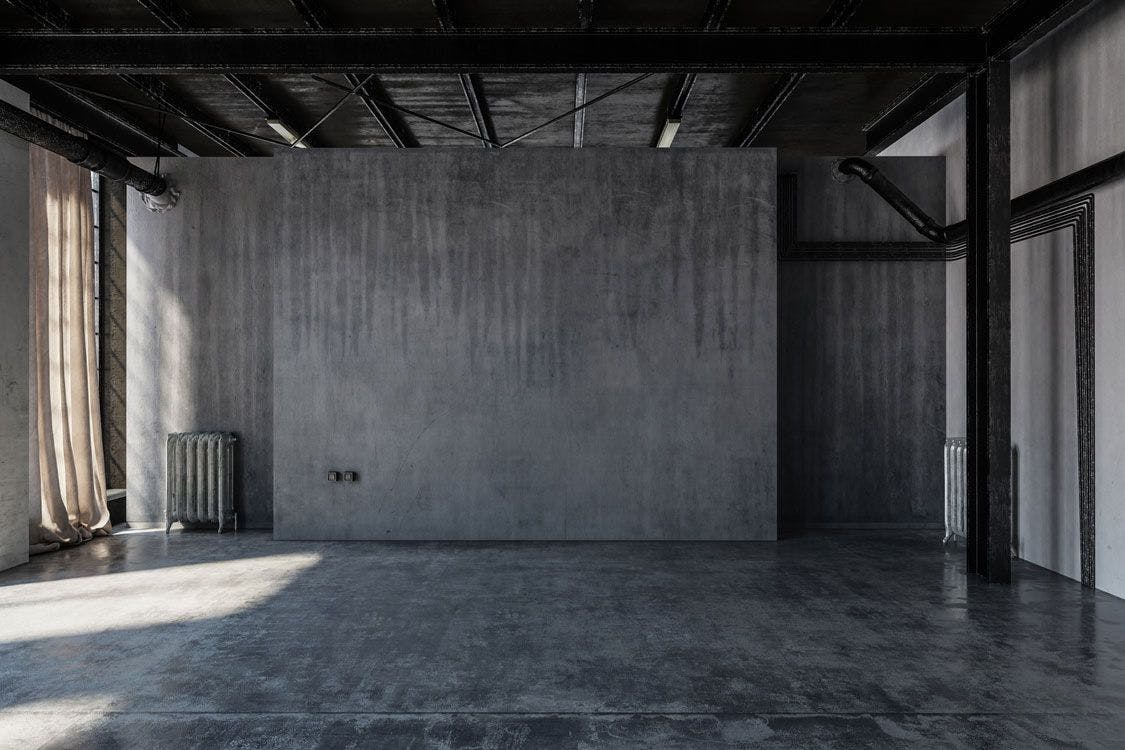
How to Secure My Empty Property
Your property is an important investment, and nobody wants to see their property sitting idle, gathering cobwebs and potentially attracting squatters or vandals. There are many traditional security solutions on the market to keep your building protected and surveilled 24/7, but these security services often come with very high price tags.

Property Guardians Checklist
As the country emerges from the Covid-19 crisis, property owners are now in need of live-in property guardians more than ever. With many pubs, offices and other businesses unfortunately having to close their doors due to the virus, this means there are many city properties left vacant and at risk of squatters or vandals.
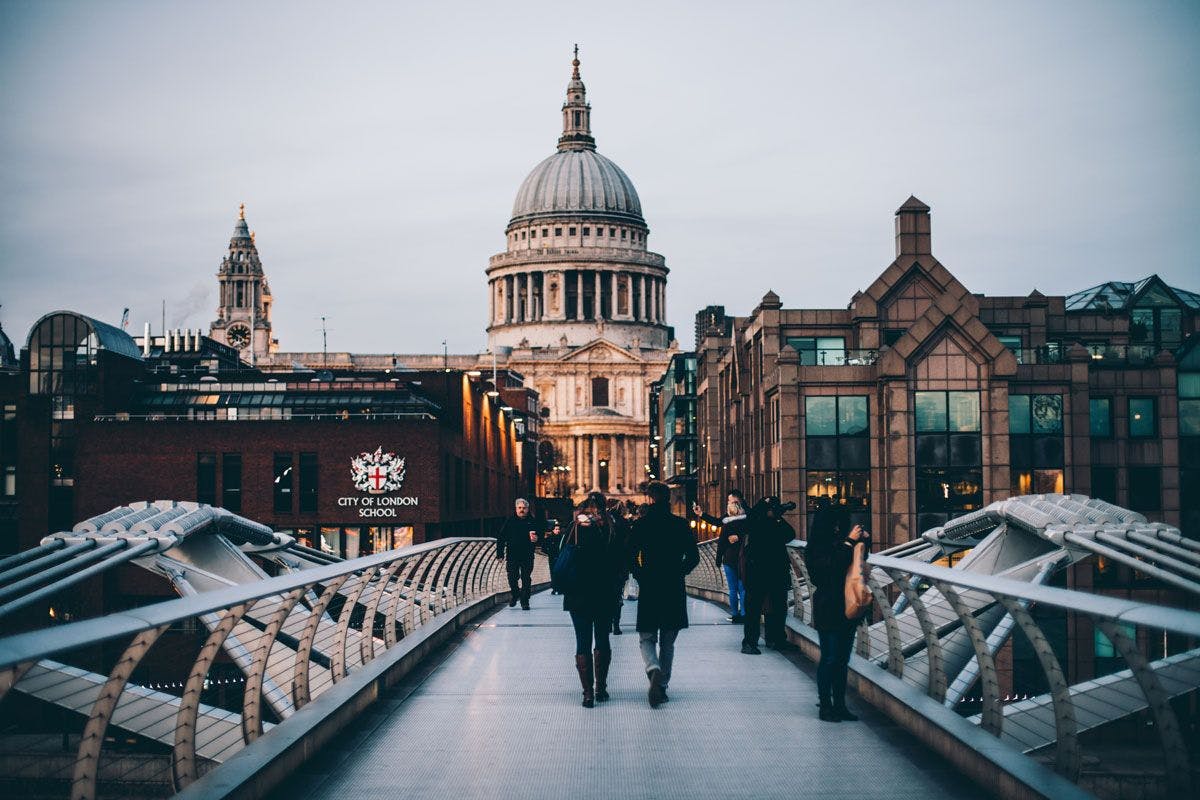
5 Top Tips for living cheap in London
London has always been one of the most fashionable and desirable – but most expensive – places to live in the UK. Particularly for young professionals and graduates, finding affordable accommodation in London can be difficult. However, there are a few tips and tricks that can make London living cheaper.
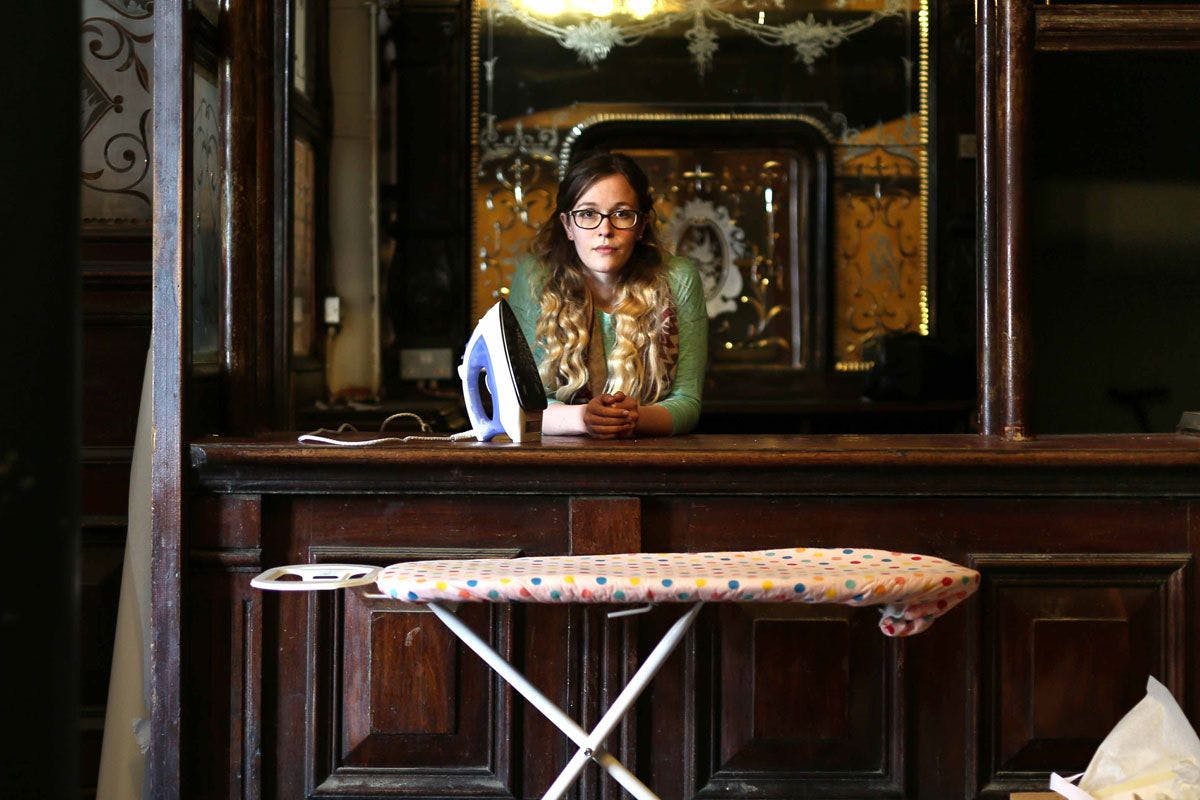
Life as a Property Guardian
In our blog we’ve talked a lot about our market-leading property guardian scheme, and how it allows thousands of professionals to beat the trend of unaffordable housing in some of the most vibrant and desirable places in London, and other cities across the UK.
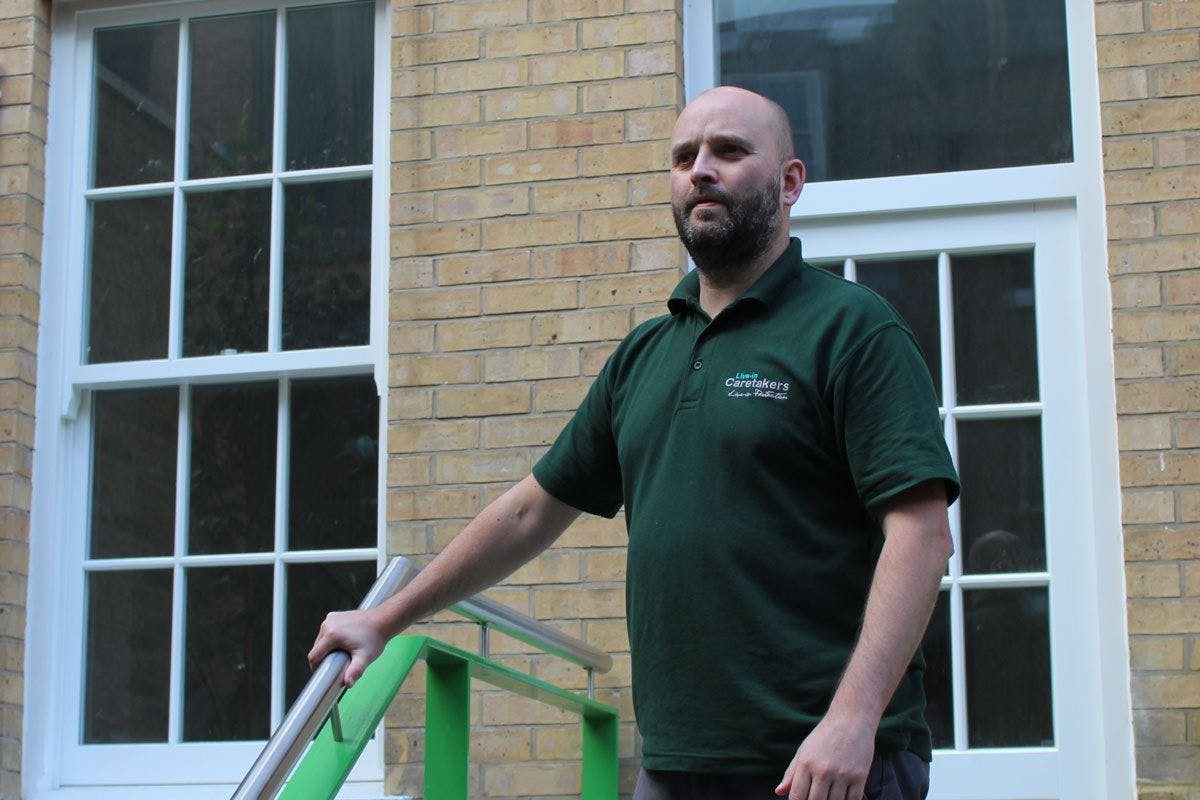
Life as a Live-In Caretaker
Live-in Caretakers is not a run of the mill security firm. Our operators are almost exclusively recruited from military veterans and active military personnel.

How to Become a Property Guardian in 2020
Live-in Guardians is always on the lookout for new Guardians to help protect great buildings in London and other major UK cities from vandalism, arson, theft or illegal occupation (such as squatting).

Looking for Affordable Short-term Accommodation?
Live-in Guardians helps professionals across London and other major cities move on in their careers by providing great opportunities for guardian property management. Our guardians are diligent, professional people holding full-time jobs – but would otherwise be held back by increasingly unaffordable housing costs.

Can Millennials Afford to Buy a Home?
‘Millennials’, it’s a controversial term – but, in literal terms, refers to people born broadly between 1981 through 19961. It’s remarkable how polarised the perceptions of other generations have towards Millennials.
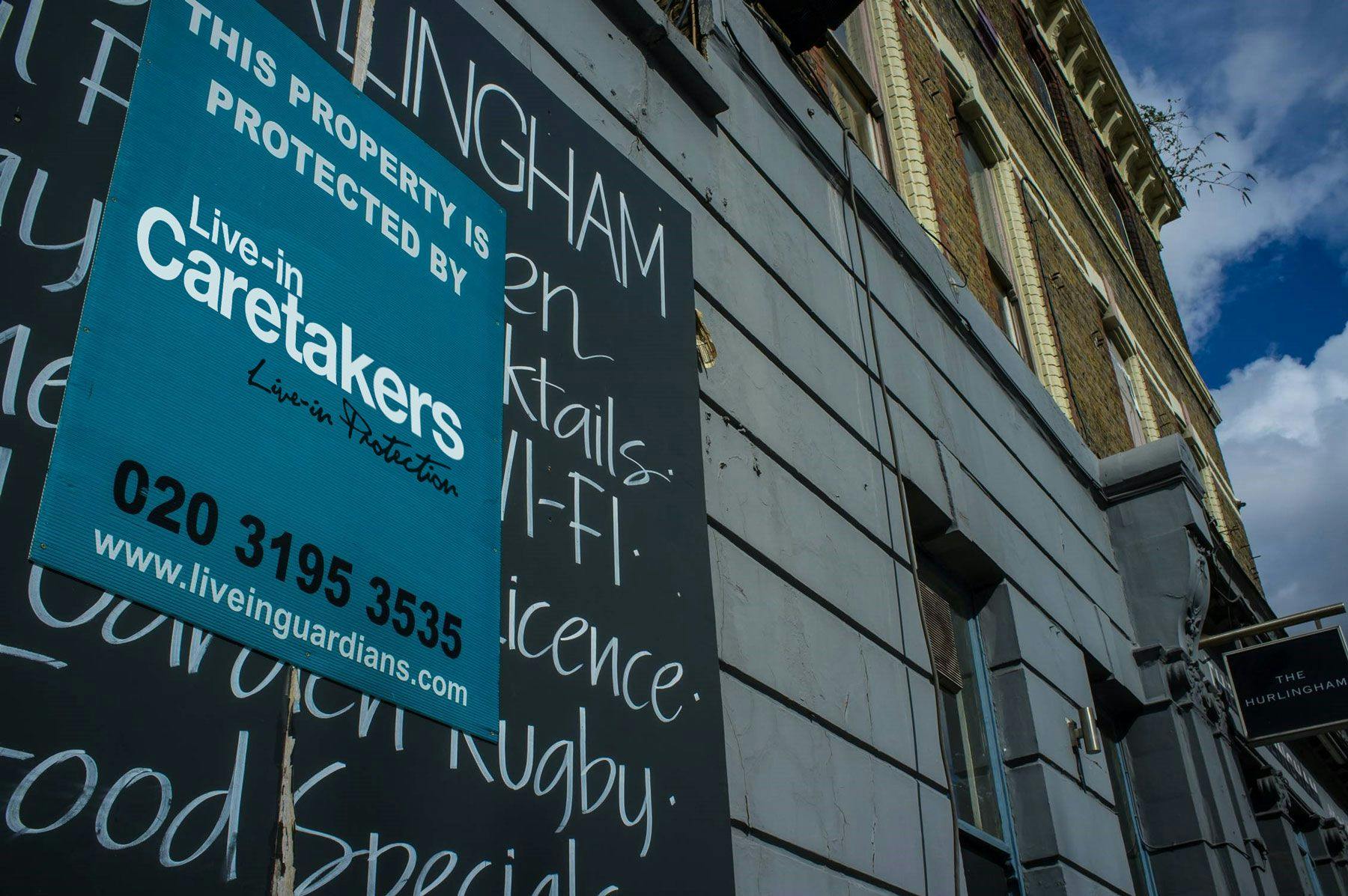
What are Live-in Caretakers?
We all might have an image in our heads when it comes to caretaker services or caretakers in general, the classic older man armed with truncheon and torch – whistling as he whistling as he walks around a building. For regular caretakers, this isn’t actually that far from the truth (minus the truncheon!) and caretakers do fill an important role in society – protecting warehouses, office buildings, retailers and a host of other businesses from theft and vandalism.
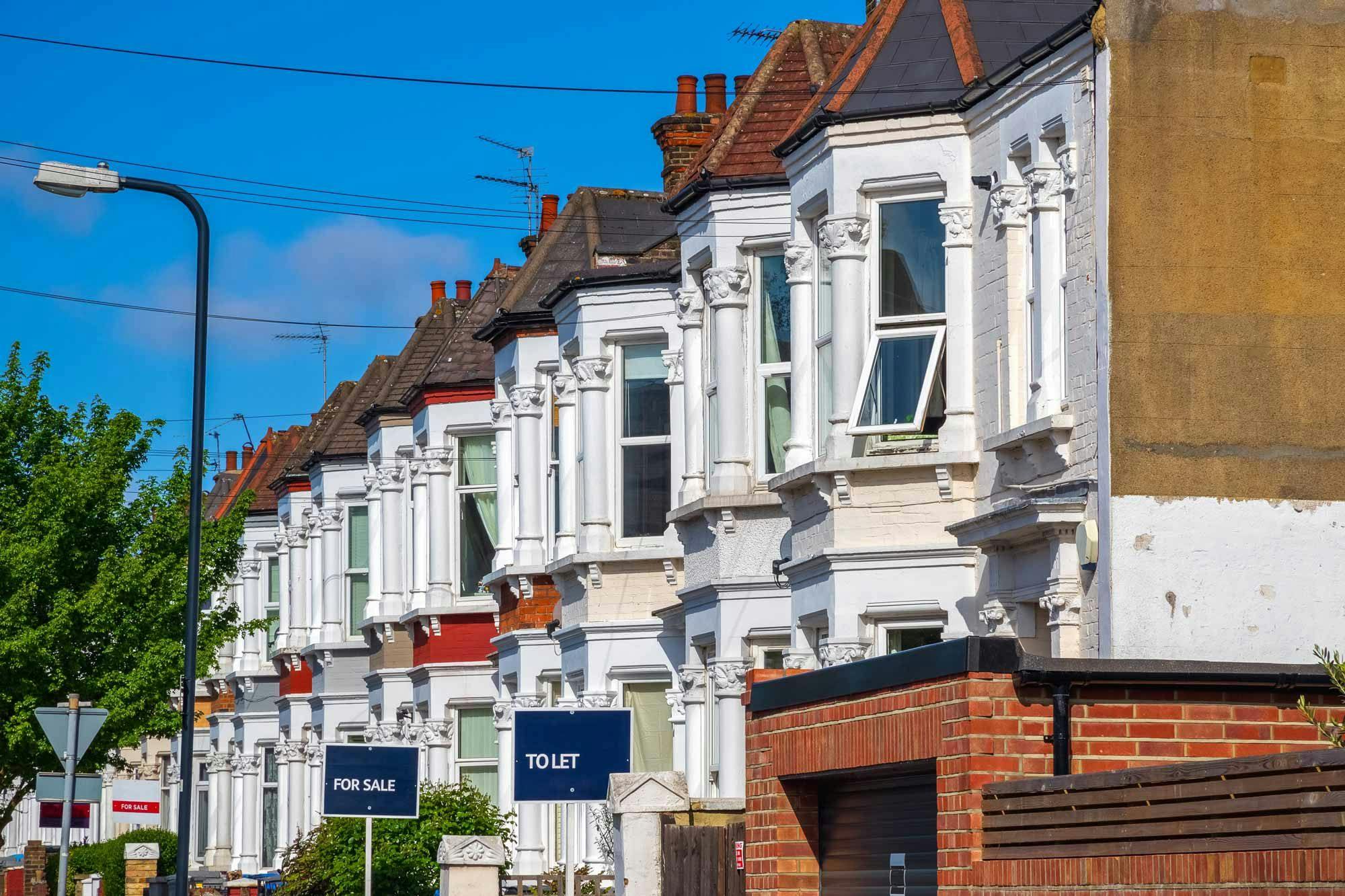
What Kind of Properties do We Cover?
Any live-in property guardian should definitely consider what kinds of properties they are going to be guarding, and on the flip side, landlords and owners looking for property protection services and guardian property specialists will want to know what properties are eligible, and what kind of structures Live-In Guardians works with.
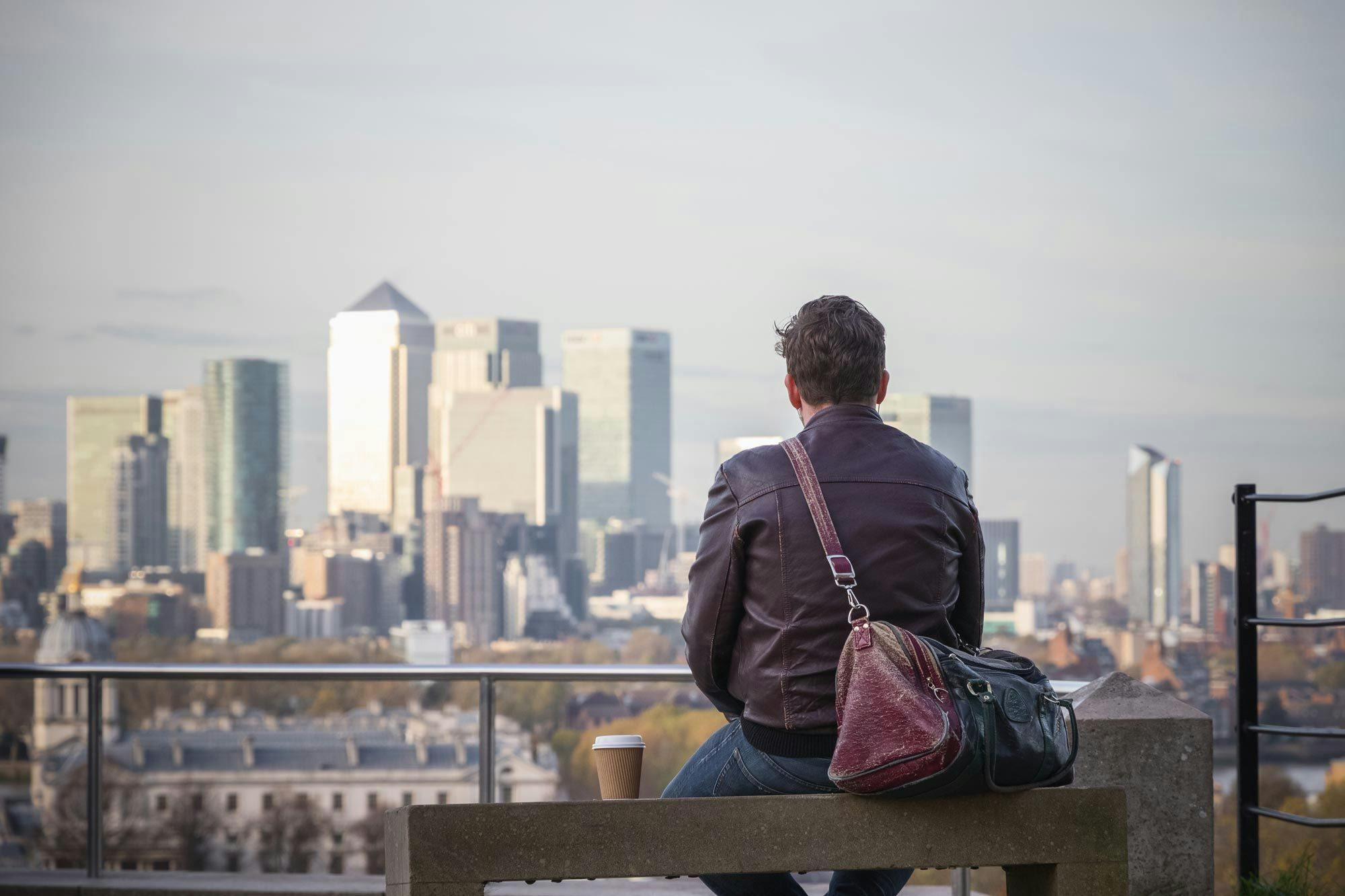
Lonely in London – How Guardianship can bring people together.
It’s a strange reality that the bigger the city, the more developed the infrastructure and the larger the community – the more lonely the people who live there tend to be.

Debunking the Myths of Guardianship
In May 2018 the Ministry of Housing, Communities and Local Government, a department of HM Government, released a ‘fact sheet’ aiming to give potential guardians ‘advice’. However, it appears to be strongly biased against guardianship and fails to factor in this alternative method of housing as a healthy option for skilled professionals.

How Will Guardians Protect My Property?
Having a valuable property unoccupied for weeks, or even months is a key concern for many landlords. You might have experienced it yourself, the dread of entering your empty property to find it broken into vandalised or even worse, receiving a call that your investment has gone up in smoke.
